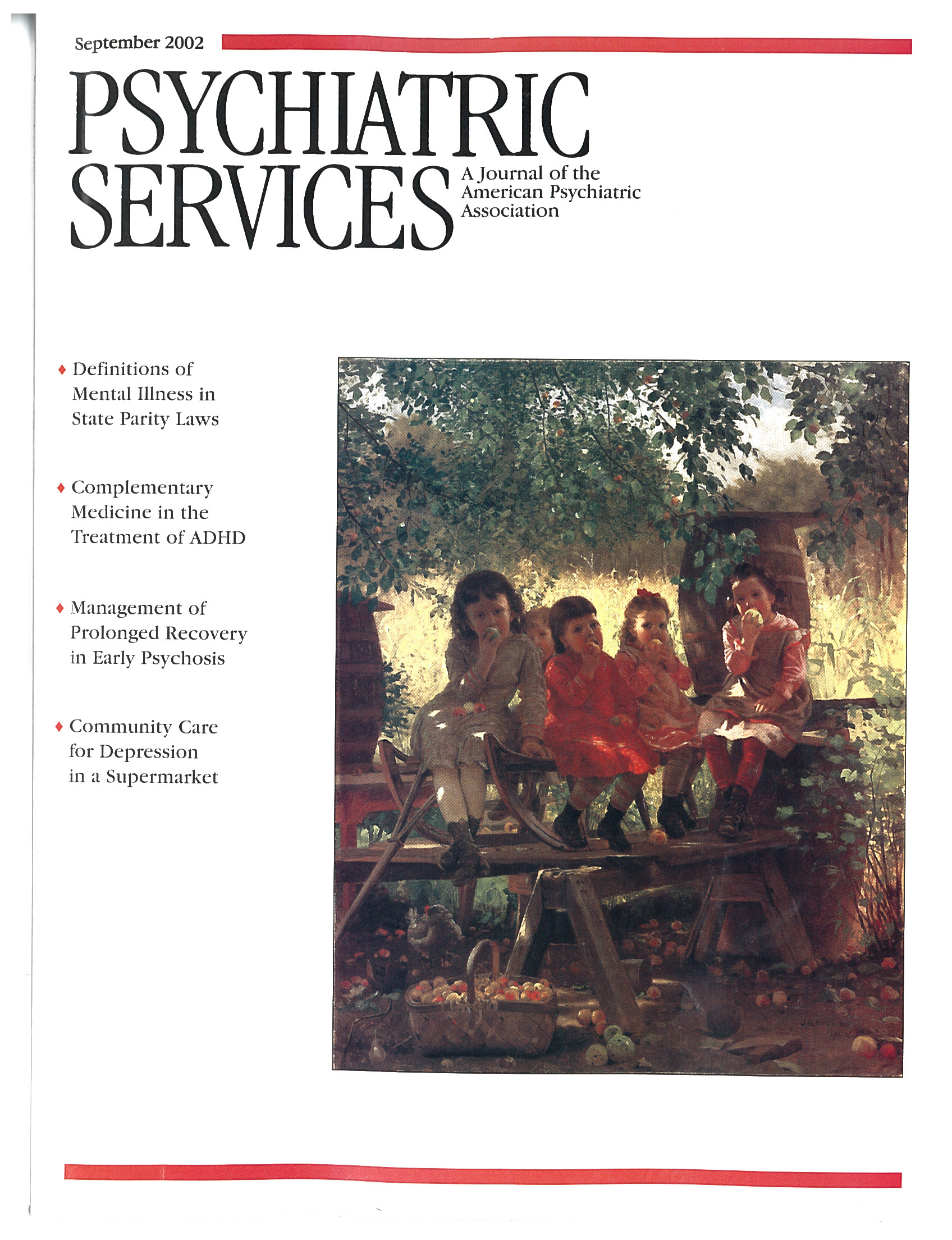Use of Complementary and Alternative Medicine for Symptoms of Attention-Deficit Hyperactivity Disorder
Abstract
OBJECTIVE: Attention-deficit hyperactivity disorder (ADHD) is a common childhood psychiatric condition for which evidence-based treatments have been established. This study describes use of complementary and alternative medicine among children with ADHD or at risk of having ADHD and explores possible predictors of use of such treatments. METHODS: A sample of 1,615 parents of elementary school students in a public school district were interviewed in a telephone screening survey of ADHD symptoms and use of traditional and nontraditional ADHD treatment. A total of 822 parents had a child with a diagnosis of ADHD, had a child in whom ADHD was suspected, or had a child about whose emotions or behavior the parents or school staff had general concerns. RESULTS: Use of complementary and alternative medicine was significantly higher among children who had received a diagnosis of ADHD (12 percent) or in whom ADHD was suspected (7 percent) than among those about whom parents or school staff had general concerns (3 percent). Faith healing had been used for 4 percent of the 822 children. Nontraditional treatments were more likely to have been used among children with a diagnosis or a suspected diagnosis of ADHD and those whose parents used the Internet as a source of information than among other children. CONCLUSIONS: Providers should inquire about nontraditional interventions and educate families about evidence-based approaches when treating children with ADHD.



